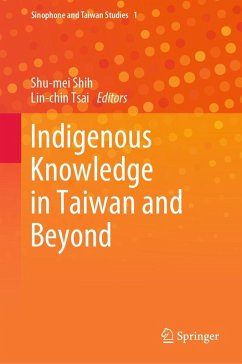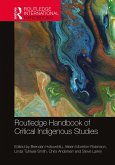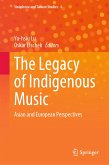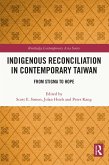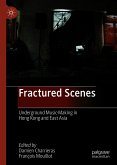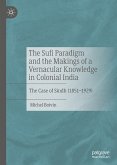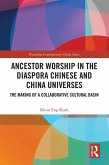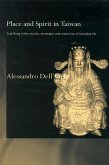This book situates Taiwan's indigenous knowledge in comparative contexts across other indigenous knowledge formations. The content is divided into four distinct but interrelated sections to highlight the importance and diversity of indigenous knowledge in Taiwan and beyond. It begins with an exploration of the recent development and construction of an indigenous knowledge and educational system in Taiwan, as well as issues concerning research ethics and indigenous knowledge. This is followed by a section that illustrates diverse forms of indigenous knowledge, and in turn, a theoretical dialogue between indigenous studies and settler colonial studies. Lastly, the Paiwan indigenous author Dadelavan Ibau's trans-indigenous journey to Tibet rounds out the coverage.
This book is useful to readers in indigenous, settler colonial, and decolonial studies around the world, not just because it offers substantive content on indigenous knowledge in Taiwan, but also because it offers conceptual tools for studying indigenous knowledge from comparative and relational perspectives. It also greatly benefits anyone interested in Taiwan studies, offering an ethical approach to indigeneity in a classic settler colony.
Dieser Download kann aus rechtlichen Gründen nur mit Rechnungsadresse in A, B, BG, CY, CZ, D, DK, EW, E, FIN, F, GR, HR, H, IRL, I, LT, L, LR, M, NL, PL, P, R, S, SLO, SK ausgeliefert werden.

